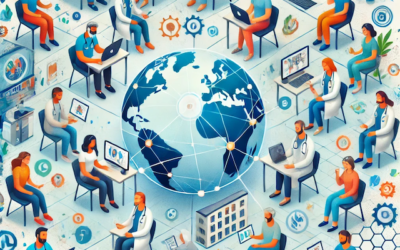The power of humanizing content through localization and translation is undeniable. In a globalized world, businesses need to connect with audiences from diverse cultures and languages to succeed. Localization and translation play a critical role in achieving this goal by adapting content to meet the linguistic and cultural needs of different regions and communities.
By humanizing content through localization and translation, businesses can create more personalized and engaging experiences for their customers. Localization involves much more than simply translating text from one language to another. It requires understanding the cultural nuances and preferences of the target audience and adapting content accordingly. For example, using images, videos, and other multimedia elements that resonate with the local culture can make a big difference in how content is perceived and received.
Translation, on the other hand, requires a deep understanding of both the source and target languages, as well as the ability to convey the meaning, tone, and style of the original content accurately. Poorly translated content can lead to confusion, misunderstandings, and even damage to the brand’s reputation. In contrast, high-quality translation can build trust, establish credibility, and foster positive relationships with customers and partners.
In addition to creating more engaging content, localization and translation can also help businesses comply with local laws and regulations. For example, certain countries require that product labels and packaging be translated into the local language. Failure to comply with these requirements can result in legal and financial consequences.





